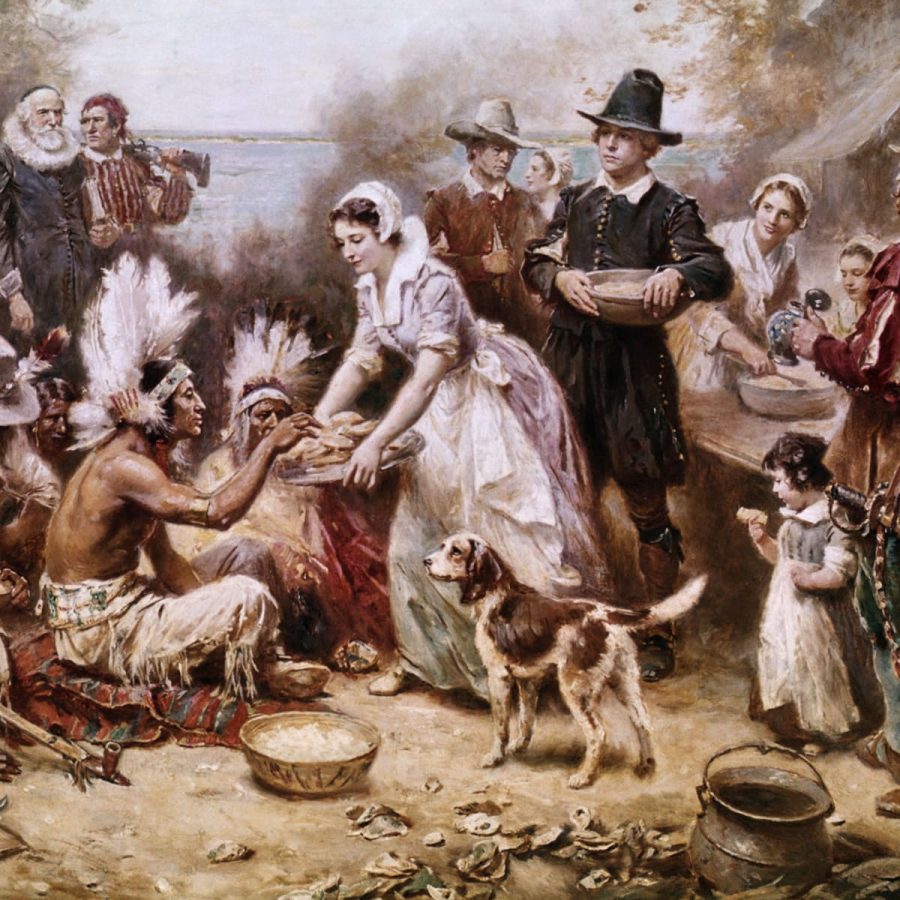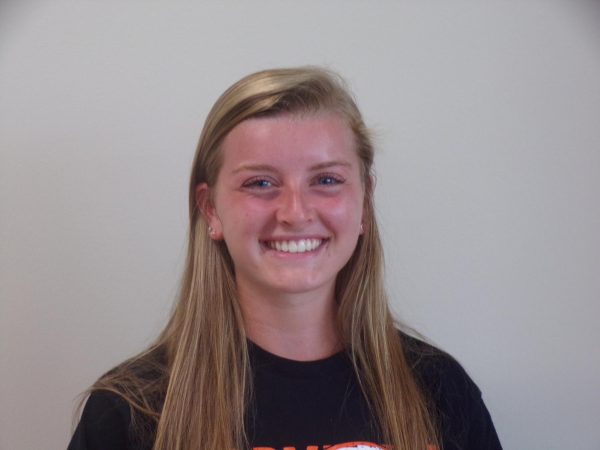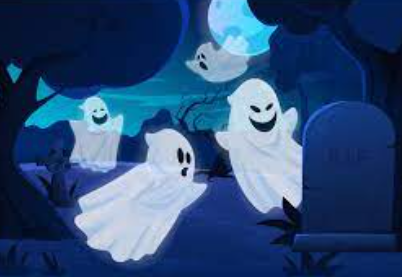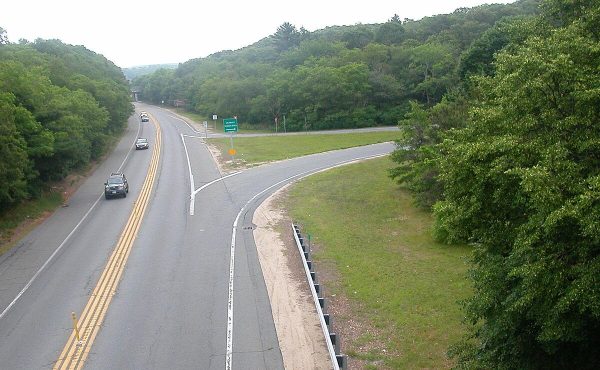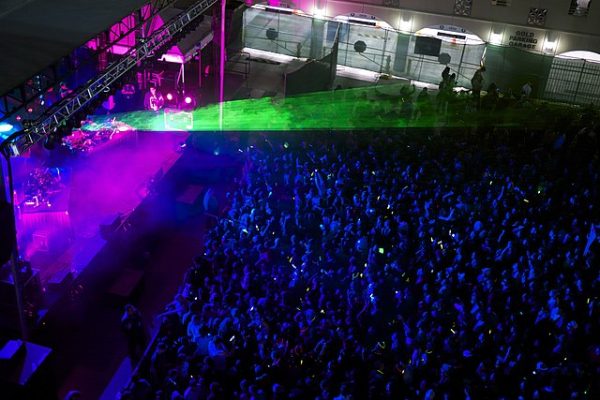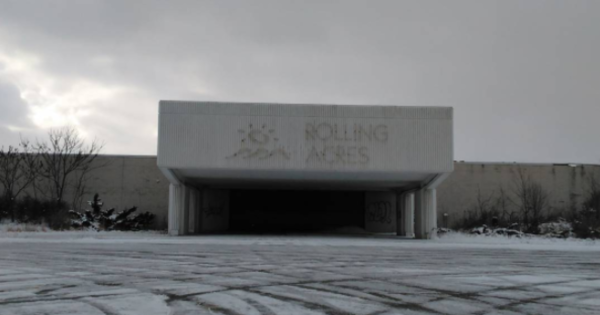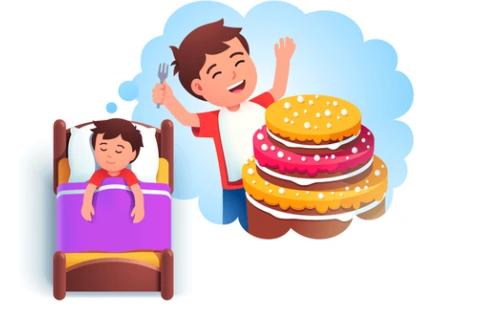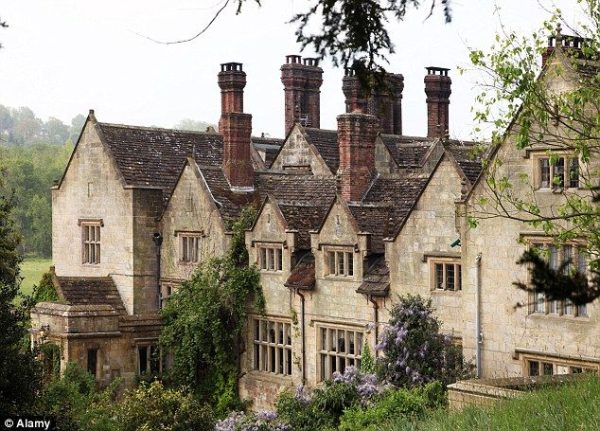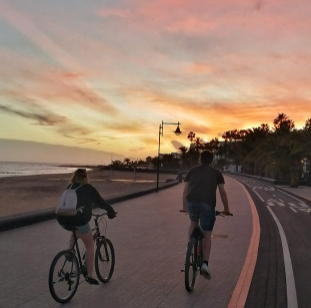Mayflower’s maiden voyage
November 22, 2021
November 11, 1620
My legs were wobbly from the voyage and my stomach turned as I walked down the gangplank to beloved solid ground. I had spent two months on that cursed ship, eating nothing but dried fish and meat, grains, flour, cheese, rock hard biscuts that could chip a tooth, and dried fruit. This may not seem horribly bad, but imagine it being stored for months on a ship and rats happily snacking on your food, too. We left England on September 6 of this year (1620). I was sad to leave my friends behind, but I’m going to miss the hustle and bustle of town markets the most. Seeing all of the different foods being sold, kids playing tag in the streets, and mothers gossiping about the latest news. But hey, here I can breathe fresh air and see beautiful, bountiful trees. And I luckily brought with me 10 neat, clean pages of paper to document my visit (though I must be conservative in my writing), as well as my best quill. Maybe life won’t be so bad here in the New World.
November 13, 1620
Well, we are still stuck on the ship, the cold wintry breeze has extinguished any form of building until spring. I can’t believe we are here under such unfortunate times. Why can’t we just go home?
December 22, 1620
I have had no reason to write this past month– nor have I had any time. Though we don’t have much to do, we are constantly kept busy. Pilgrims have begun to fall desperately ill, mothers trying to take care of young children as they fight disease themselves. My own mother lay in bed this hour, fighting for every breath. Where is the Lord now? Still in Great Britain?
December 31, 1620
I cry out to whomever can hear me. My mother is gone. My sister and I are left with a father who knows nothing about raising up two girls. I see death, disease, and heartbreak everywhere I look. Yet here we are, stuck on this bloody ship. Nowhere to go but to the top deck and back down into the dark, suffering rooms of the lower deck. I cry myself to sleep at night. No one cares. No one hears me.
January 23, 1621
More than a third of the original pilgrims have died these past two months, and us survivors look like human twigs. I look at my younger sister, Evelyn, and see just how much this voyage has taken a toll on her. How many hardships must I endure before I reap something positive in this disastrous world?
March 3, 1621
I have not written much yet again, but with reason. Evelyn, sweet Evelyn, fell severely ill just three weeks ago. With experience of my mother’s disease, and the help of a few willing women, we were able to attentively watch the young girl and nurse her back to stability. Her cheek bones still pop out, but she is no longer wheezing, nor burning with a temperature. My father goes off alone much of the time, mourning the loss of my mother still. I know that she would want me to protect Evelyn with everything in me, so that is my silent promise to her.
Mother, if you can hear me, send the sun. And food. And happiness. And hope. With love, Susanna.
May 17, 1621
The sun has shone for the first time in months today! My spirits have been lifted and my hope renewed.
My Lord, thank you for answering our desperate prayers!
The stiff ground has begun to thaw, and I can feel hope springing within the few survivors that are left. About half of the beginning settlers made it through the winter. So many innocent lives were lost during such harsh conditions.
This afternoon we all rushed off the ship and laid out in the sun, soaking the warmth into our cheeks, and dancing with pure joy. My heart is beginning to feel full once again. I will take any small blessing that I can, for they are very scarce in this foreign land.
June 28, 1621
We have officially unloaded from the boat and worked to build a fortified base, where we remain close to one another and the safest. We had a major surprise earlier this month, though, when a member from the Pawtuxet tribe, who introduced himself as Squanto, spoke to us and worked to help us with harvest tips and how to plant certain crops. He translated for us with his tribe, worked as a guide for us, and more importantly, became a vital part of our survival. We now have the greens of corn poking up from the ground, beans have begun to sprout, and wildlife populates the area. Our people have begun to smile, laugh, and share catches and finds with each other. We have created a working system, and one could almost say we are flourishing. But we won’t get ahead of ourselves quite yet.
August 19, 1621
Our crops are flourishing, we rarely have to water them because the rain here is abundant and refreshing. The weather has shone much promise and Evelyn has finally fully recovered from her winter illness. She is like a normal child now, picking flowers, whispering with the other little girls, and full of energy.
Oh mother, I hope you are proud of us. How we miss you and cherish our time we had with you.
November 23, 1621
I have not written in quite some time, but once again it is indeed because of my busy tasks. We have planned an autumnal feast with the local Wampanoag tribe. I have prepared vegetables, onions, cabbage, carrots and other such. I also prepared the corn porridge, which I have taken corn, removed it from the cob, boiled it into a thick mush, and then sweetened it with molasses. Others have taken the duty of catching meat such as, deer, fish, shellfish, and lobsters. Berries and fruits were happily chosen by some of the few women to serve.
When we approached the makeshift table with our harvests, we saw the tribe looking welcoming and openly at what we had to bring. They also had brought many delicious dishes, including squashes, and other colorful displays. We sat, staring longingly at the heap of food in front of us. No one could believe the harvest we had produced. Being Puritans, we thanked the Lord for delivering us from such claws of ravenous death, and praised him for giving us the bountiful harvest. We ate our fill, no one afraid to ask for seconds and thirds, and left feeling full on food and companionship.
I sit here in the candlelight (how dim it is) with high spirits and a full stomach. Though the trials to get to this point were many, it was all worth it here in the end.
My dearest mother, you can rest easy knowing your girls and stubborn husband are adjusting well to life here in the New World, and we will never forget how grateful we are here this evening.
An utterance of thanksgiving was spoke by all tonight, and we will continue our Thanksgiving until our children’s children speak of it.
I blow out this candle at such a late hour with much left to write, but only two pages left. So for now I will leave yea with a simple message: Count Thy Blessings.

